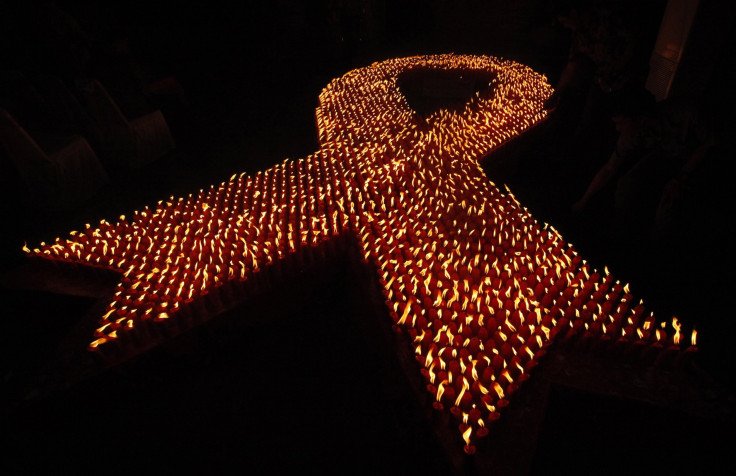Australian Researchers Believe They Have Found Cure for AIDS

While treatment for HIV has become more successful than ever before at evading AIDS, AIDS remains a threat. In fact, the majority of people infected with HIV will not progress to AIDS for 10 to 15 years, according to Avert, and antiretroviral therapy can delay it even further. However, antiretroviral therapy is expensive and has a multitude of side effects. One team of researchers from the Queensland Medical Institute in Australia believes that they may have found a cure for the syndrome by turning the virus against itself.
The team focused its research on a protein called Nullbasic, which the HIV virus needs in order to replicate. They were able to modify the protein in order to significantly inhibit growth, and their findings have worked every time they have conducted the experiments. While the virus would still exist in a person's system, it would be unable to develop into AIDS and individuals could maintain a healthy immune system. The therapy would mean that HIV would never deteriorate into AIDS, spelling an end to onerous drug regimes. That, in turn, would mean that people infected with HIV would have a better quality of life and government and consumer costs would decrease.
"If this research continues down its strong path, and bear in mind there are many hurdles to clear, we're looking at a cure for AIDS," study author David Harrich said in a statement.
Animal trials of the protein are due to begin this year.
An HIV patient is believed to have deteriorated into AIDS if their CD4 immune system cells drop below 200 per each microliter of blood. The development of 22 HIV-related infections and cancers also mean that the patient is characterized as having full-blown AIDS.
34 million people were infected with HIV in 2011, up from 33.5 million cases in 2010, according to the United Nations.
The study was published in the journal Human Gene Therapy.
Published by Medicaldaily.com



























